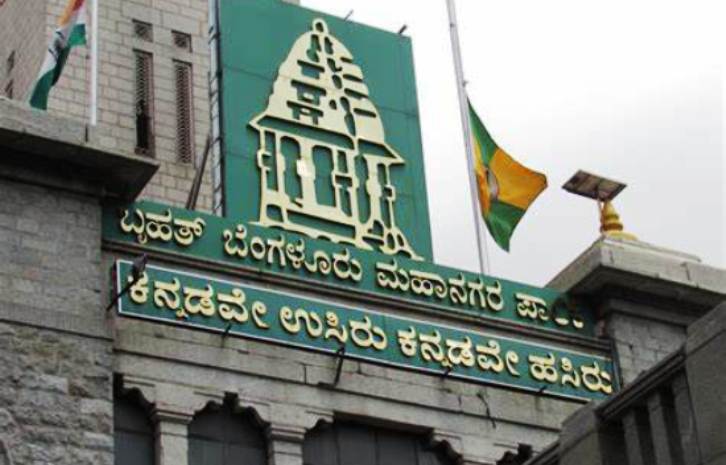Aastha Thakur
Published on: 03 October 2022 at 21:58 IST
The Karnataka High Court has overturned a state government notice that announced ward-by-ward reservation for 243 BBMP wards, out of which 120 wards were allocated to women candidates at random and 81 wards for members of underprivileged classes.
The State government was ordered to redo the process of providing reservation (posts) to women for BBMP councillor elections by allocating seats in descending order with respect to the wards having a greater percentage of female population, according to a Single Judge bench of Justice Hemant Chandangoudar.
On or before November 30, the final notice granting reservation to SC/ST, Backward Classes, and Women must be published. Within 30 days of the final notification’s publishing date, the Karnataka State Election Commission must finish the election process.
The bench highlighted that the Commission needs to conduct thorough investigation into the pattern of the backwardness that according to court acts as barrier to political participation which is quite different from the patterns of disadvantages in the matter of access to education or employment.
Further it was observed by the bench that the Commission of Enquiry’s report does not mention such an exercise, and neither does the State Government provide any evidence that the Commission of Enquiry carried out such an investigation or that the report was based on empirical data provided by the State Government.
A 33% seat quota for OBCs, including minorities, in local bodies is justified, according to the court’s ruling. The commission was expected to identify which communities are the most disadvantaged in local bodies throughout the State of Karnataka based on factual facts.
The Court also added that, “The conclusion that large numbers of castes and communities come under the category of A and B of other backward classes and that they are still socially and politically backward is alleged to be based on the data pertaining to urban and local body elections held in the State of Karnataka in the year 1996, 2001, 2010 and 2015.”
“The conclusion that 44% of the state population consists of backward class including minorities is imaginary and the same is contrary to the triple test enumerated in the case of K Krishnamurthy (supra),“
According to the notification, the majority of the wards in the constituencies held by the opposition parties are reserved for categories other than women, while the majority of the wards in the constituencies held by the ruling party are reserved for categories other than women. The court also noted that the ratio of wards reserved for general and women in constituencies held by the ruling party is 1:1.9 and in constituencies held by the opposition parties the ratio is 1:2.6.
The Court stated that this clearly shows that the reservation of wards for women is arbitrary and that, despite the fact that the proportion of women in the wards in the constituencies is on the higher side, the majority of reservations of wards for women in constituencies held by the opposition parties are intentional.
The bench highlighted that the purpose for providing reservation to women is to encourage women to participate in political issues and have equal rights to contest the election to Councillors of BBMP and through such reservation equality is maintained between both men and women candidates.
“..To give representation proportionally to the women in all the constituencies, it would be appropriate that the reservation of wards for women is spread out proportionally.“
Further court states, “Allocating of seats to backward classes is a statutory requirement and the same cannot be dispensed on the grounds of imminence of elections which would otherwise deprive them of participating in the decision-making process of the BBMP. It is a settled law, that if a statute requires a thing to be done in a particular manner, the same shall be done in that particular manner and not otherwise.“
Court reiterated the fundamental democracy provided through elections and how delayed elections has deprived the citizens of Bengaluru City from electing their representatives, thus causing inconvenience and hardship.
The bench concluded that the challenged notification violates the three criteria outlined by the Supreme Court in the cases of K. Krishnamurthy and Kishan Gawali (supra), and that the impending election cannot be used as an excuse to waive the statutory requirement of allocating seats to members of underrepresented groups.
The State Government was then instructed to work with the specialised commission to provide the empirical data in order to create a report and submit it to the State Government for publication of the final notice by the date specified.

